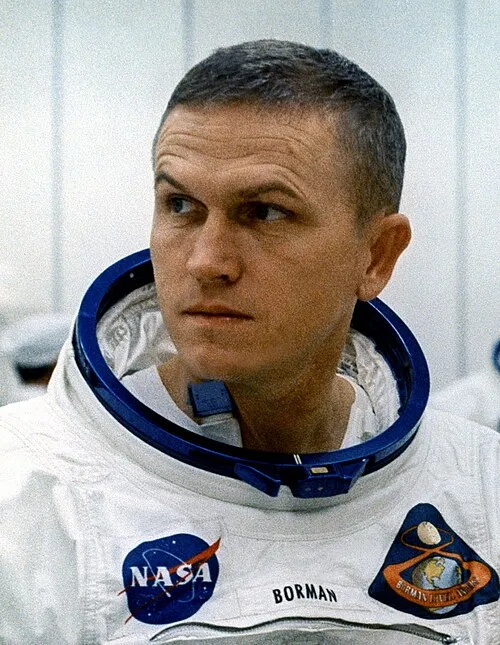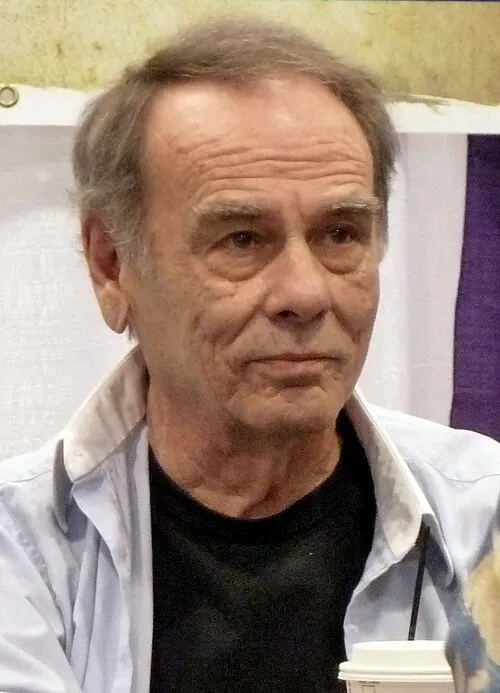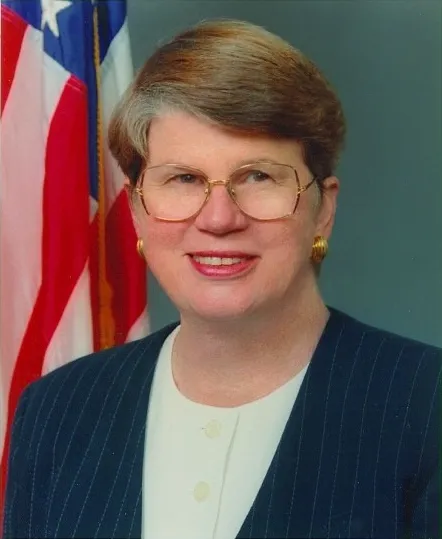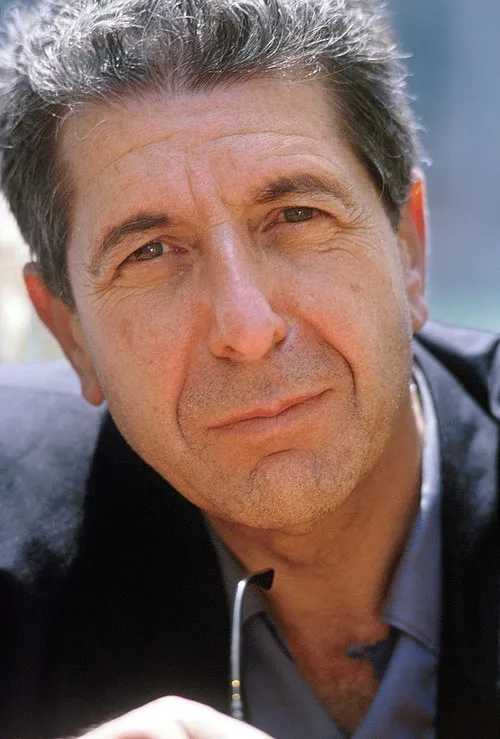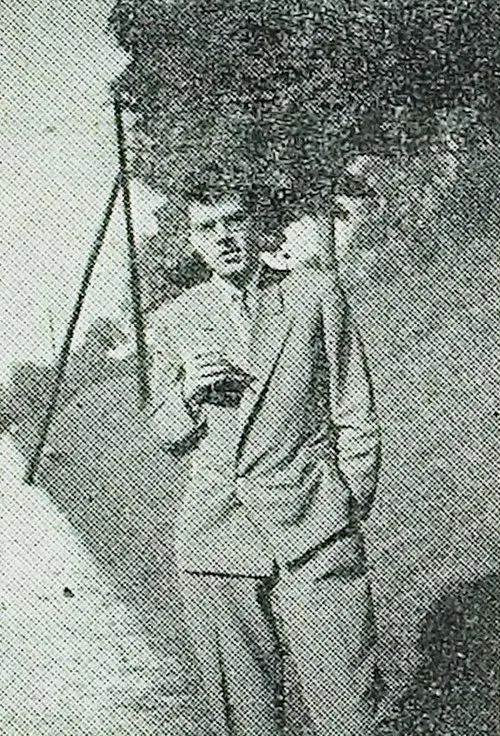In 2023, António Costa stepped down as Prime Minister of Portugal amid a corruption scandal investigation involving members of his cabinet. This significant political development raises questions about governance and accountability in Portugal.
On November 7
17
Important Days
73
Important Events
363
Births and Deaths
recorded.
Holidays and Occasions
Events
Births and Deaths

Celebrating Students' Day: Honoring B. R. Ambedkar's School Entry Day
In Maharashtra, India, every year, Students' Day is celebrated on June 6th, marking a significant milestone in the history of education and social reform. This day commemorates the anniversary of Dr...

Commemoration Day: A Reflection on Ben Ali's Succession in Tunisia
Every year on November 7th, Tunisia observes Commemoration Day, marking the anniversary of Zine El Abidine Ben Ali's succession to power in 1987. This day is significant in Tunisia's modern history as it symbolizes both a shift in governance and a complicated legacy that resonates throughout the nation...

Hungarian Opera Day: Celebrating the Rich Heritage of Hungarian Music
Hungarian Opera Day, celebrated annually on the 27th of January, is a significant event that showcases the rich musical heritage of Hungary. This day honors the first performance of Bánk bán, an acclaimed opera composed by Ferenc Erkel, which premiered on January 27, 1861...

International Inuit Day: Celebrating Inuit Culture and Heritage
International Inuit Day, observed on November 7th each year, is a significant occasion to recognize and celebrate Inuit culture, rights, and heritage. This day arises from the need to promote cultural awareness about the Inuit people, who inhabit the Arctic regions of Canada, Greenland, and Alaska...

Understanding National Day in Northern Catalonia: A Commemoration of the Treaty of the Pyrenees
National Day in Northern Catalonia, celebrated on September 13, commemorates the historical significance of the Treaty of the Pyrenees. This treaty, signed in 1659, marked a pivotal moment in the region's history, resulting in the cession of a part of Catalonia to France...

Understanding National Revolution and Solidarity Day in Bangladesh
Every year on November 7, Bangladesh observes National Revolution and Solidarity Day, a pivotal moment in the country’s history that underscores its struggle for democracy and human rights. This day commemorates the significant political uprising that took place in 1975, which played a critical role in shaping the nation’s future...

Understanding October Revolution Day: Impact on Belarus and Kyrgyzstan
The October Revolution Day, celebrated on November 7, marks a significant moment in the history of the former Soviet Union. This event, which radically transformed the political landscape of Russia and subsequently influenced many countries of the Soviet sphere, holds particular relevance in modern Belarus and Kyrgyzstan...

Explore Tokhu Emong: The Cultural Heartbeat of the Lotha Naga Tribe
The Tokhu Emong festival is a significant cultural celebration of the Lotha Naga community, predominantly found in the Nagaland state of India. This festival showcases the rich traditions, social values, and collective identity of the Lotha Naga people...

All Dominican Saints and Blesseds: A Comprehensive Guide
The Order of Preachers, commonly known as the Dominicans, has contributed significantly to the Catholic Church through the lives of numerous saints and blesseds. Founded in the early 13th century by Saint Dominic de Guzmán, the order emphasizes preaching, teaching, and the pursuit of truth...

Bartholomäus Ziegenbalg: Pioneer of Lutheran Missions in India
Bartholomäus Ziegenbalg, born on July 2, 1682, in Großbottwar, Germany, is renowned for his role as the first Lutheran missionary to India. His groundbreaking work laid the foundation for the spread of Christianity in South India, particularly in Tamil Nadu...

Engelbert II of Berg: Legacy of a Medieval Noble
Engelbert II of Berg, a pivotal figure in the medieval history of the Duchy of Berg, was born around 1255 and ruled until his death in 1328. He belonged to the noble House of Berg, which played a fundamental role in the political landscape of the region during the late Middle Ages...

Herculanus of Perugia: A Historical Exploration
Herculanus of Perugia, a historical figure shrouded in mystery, has captivated the interest of historians and enthusiasts alike. Born in the medieval era, he was known for his keen intellect and contributions to both philosophy and local governance in the town of Perugia, Italy...

John Christian Frederick Heyer: A Pioneer of Lutheran Mission Work in India
John Christian Frederick Heyer (1793-1873) was a notable Lutheran missionary who played a crucial role in spreading Christianity in India during the 19th century. His dedication to faith and education helped shape the landscape of Lutheran missions and left a lasting legacy that continues to influence contemporary missionary work...

Ludwig Ingwer Nommensen: Pioneer of Lutheran Missions in Indonesia
Ludwig Ingwer Nommensen (1834-1900) was a prominent missionary and a pivotal figure in the introduction of Christianity to western parts of Indonesia, particularly among the Batak people of North Sumatra. His unwavering dedication to his faith and community left a lasting impact, shaping the religious landscape of the region...

The Philosophical Legacy of Prosdocimus: Understanding His Impact
Prosdocimus is a significant yet often overlooked figure in history, with contributions that have left a lasting impact on various fields. This article seeks to highlight the key aspects of Prosdocimus's life and work while shedding light on why this figure is relevant today...

Vicente Liem de la Paz: The Courageous Vietnamese Martyr
Vicente Liem de la Paz, a prominent figure among the Vietnamese Martyrs, is celebrated for his unwavering faith and ultimate sacrifice for Christianity in Vietnam during a tumultuous period. Born in 1782 in the village of Thanh Hoa, his life reflects the struggles faced by early Vietnamese Christians under persecution, making him a significant emblem of perseverance and devotion...
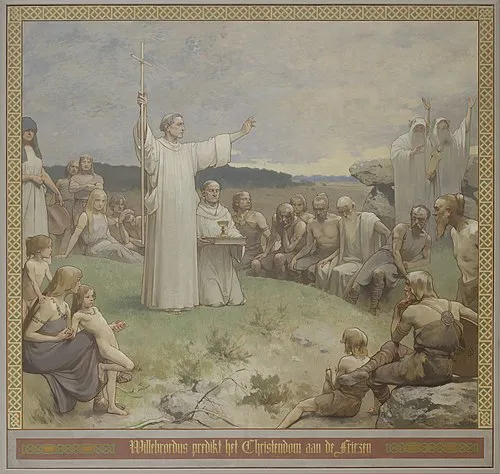
Willibrord: The Apostle to the Frisians
Willibrord, born in 658 AD, is a significant figure in the history of Christian evangelization in Northern Europe, particularly among the Frisians. As a Benedictine monk and missionary from England, he dedicated his life to spreading the Christian faith, leaving a lasting impact on the regions he touched...












